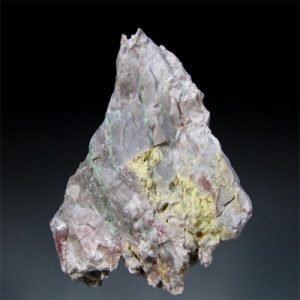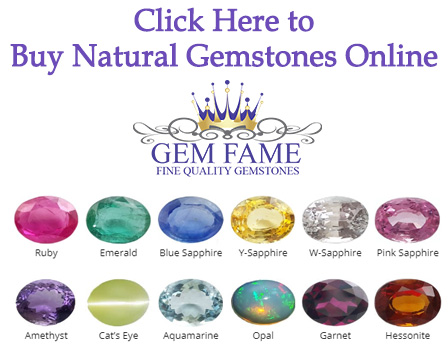Crandallite
Crandallite is definitely an unusual hydrated mineral that is phosphate can be associated with Variscite and Wardite at the type locality at the Little Green Monster Variscite Mine, Clay Canyon, Fairfield, Oquirrh Mountains, Utah County, Utah, USA. It is usually found in massive form and translucent to opaque white, yellowish or gray to brown if stained by iron.
Crandallite was known as in 1917 by Gerald F. Loughlin and Waldemar T. Schaller in honor of Milan Lucian Crandall, Jr. (1880 – 1959), mining engineer, Knight Mining business, Provo, Utah, United States Of America.
Locations for Crandallite: in the united states, in Utah, from the Brooklyn mine, near Silver City, Tintic district, Juab County, during the Little Green Monster mine, Clay Canyon, about nine west that is km of, and from Amatrice Hill, about 40 kilometer northwest of Fairfield, Utah County; in the Palermo #1 and Fletcher mines, near North Groton, Grafton County, New Hampshire; from near Gore, Frederick County, Virginia; on Dug Hill, near Avant, Garland County, Arkansas; in a number of stone formations in central and northern Florida; from the Everly and Hugo mines, Pennington County, and in the Tip Top mine, 8.5 km southwest of Custer, Custer County, South Dakota. In the Alto Benedito pegmatite, 15 western that is km of, Paraíba, Brazil. At Blaton, Belgium. From Ronneburg, Thuringia, Germany. In Wheal Jane, Kea, Cornwall, England. At Fort Lismeenagh, Shenagolden, County Limerick, Ireland. From the Kovdor massif, Kola Peninsula, Russia. In Australia, in the Iron Monarch quarry, Iron Knob; the Moculta phosphate quarry, northeast of Angaston; and during the Mt. Weld carbonatite, 35 km south of Laverton, South Australia. In the Buranga pegmatite, near Gatumba, Rwanda.
| Composition: | Calcium | 9.68 % | Ca | 13.54 % | CaO |
| Aluminum | 19.55 % | Al | 36.94 % | Al2O3 | |
| Phosphorus | 14.96 % | P | 34.28 % | P2O5 | |
| Hydrogen | 1.70 % | H | 15.23 % | H2O | |
| Oxygen | 54.10 % | O | |||
| 100.00 % | 100.00 % | = TOTAL OXIDE |
| Crystallography: | Trigonal – Hexagonal Scalenohedral |
| Crystal Habit: | As trigonal prismatic crystals, terminated by {0001}, or as pseudocubic rhombohedra, to 1 mm; as rosettes of fibers or spherules and crusts with radial fibrous structure; commonly as colloform to pulverulent crusts, nodular, massive. |
| Twinning: | None |
| Cleavage: | Perfect on {0001} |
| Fracture: | Irregular/Uneven |
| Tenacity: | Brittle |
| Moh’s Hardness: | 5.0 |
| Density: | 2.78 – 3.04 (g/cm3) |
| Luminescence: | None |
| Radioactivity: | Not Radioactive |
| Color: | Yellow, white, gray; colorless in thin section. Theoretically white; iron may make the mineral yellow to brown; also frequently stained when fine-grained. |
| Transparency: | Translucent, Opaque |
| Luster: | Vitreous, dull to chalky when massive |
| Refractive Index: | 1.613 – 1.632 Uniaxial ( + ) |
| Birefringence: | 0.009 – 0.011 |
| Dispersion: | n/a |
| Pleochroism: | None |


